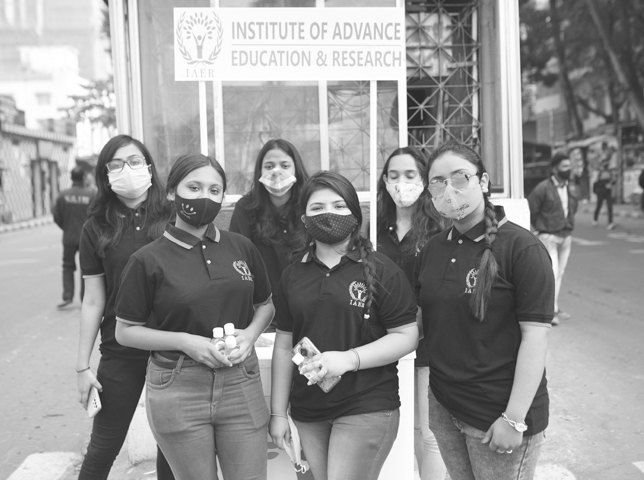Blog Details

World Health Day
World Health Day is celebrated every year on April 7th to raise awareness about global health issues and to encourage people to take action to improve their health and well-being. The day was first established by the World Health Organization (WHO) in 1950, and each year it focuses on a specific theme to highlight a particular health issue.
World Health Day is celebrated every year on April 7th to raise awareness about global health issues and to encourage people to take action to improve their health and well-being. The day was first established by the World Health Organization (WHO) in 1950, and each year it focuses on a specific theme to highlight a particular health issue.
The theme for World Health Day 2023 is "Building a fairer, healthier world". This theme is particularly relevant in light of the ongoing COVID-19 pandemic, which has highlighted existing inequalities in health and healthcare access around the world.
The COVID-19 pandemic has affected people from all walks of life, but it has had a disproportionate impact on marginalized communities and those with pre-existing health conditions. In many countries, people living in poverty, people with disabilities, and ethnic and racial minorities have been more likely to contract the virus, experience severe illness, and die from COVID-19.
To build a fairer, healthier world, it is important to address these underlying inequalities and work towards ensuring that everyone has access to quality healthcare and can live a healthy life. This requires a comprehensive approach that includes not only healthcare provision but also measures to address social and economic factors that contribute to poor health outcomes.
Some of the key actions that can be taken to build a fairer, healthier world include:
-
Strengthening healthcare systems: Investing in healthcare infrastructure, training healthcare workers, and ensuring that essential medicines and equipment are available can help to improve healthcare access and quality.
-
Addressing social determinants of health: Social factors such as poverty, lack of education, and social exclusion can have a major impact on health outcomes. Policies to address these factors, such as access to education and affordable housing, can help to improve health and reduce health inequalities.
-
Promoting healthy lifestyles: Encouraging healthy behaviors such as regular exercise, healthy eating, and avoiding tobacco and alcohol can help to prevent many common diseases and promote overall well-being.
-
Ensuring universal healthcare coverage: Universal healthcare coverage can help to ensure that everyone has access to essential healthcare services, regardless of their income or social status.
-
Addressing global health threats: Addressing global health threats such as pandemics, antimicrobial resistance, and climate change requires international cooperation and a coordinated approach.
On World Health Day, it is important to remember that health is a fundamental human right, and that everyone deserves the opportunity to live a healthy and fulfilling life. By taking action to address health inequalities and promote well-being, we can build a fairer, healthier world for everyone.









